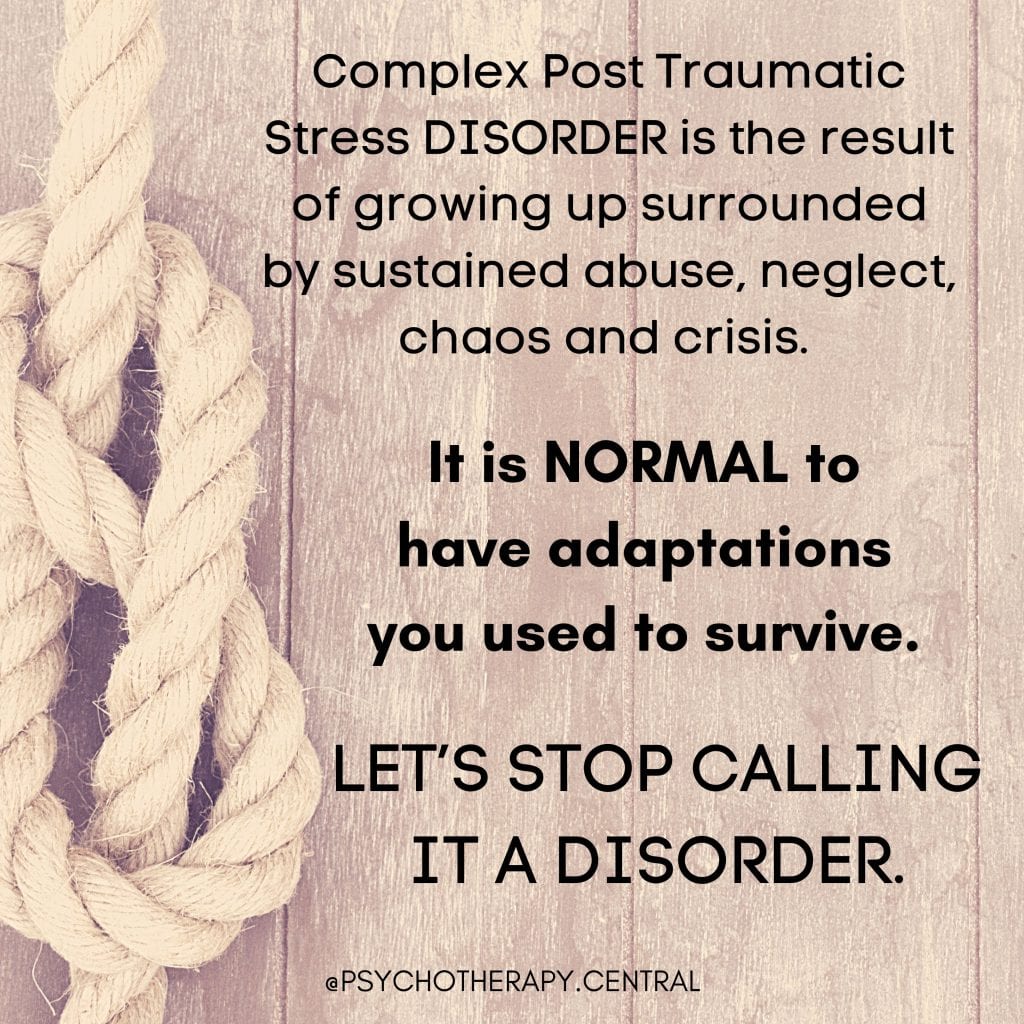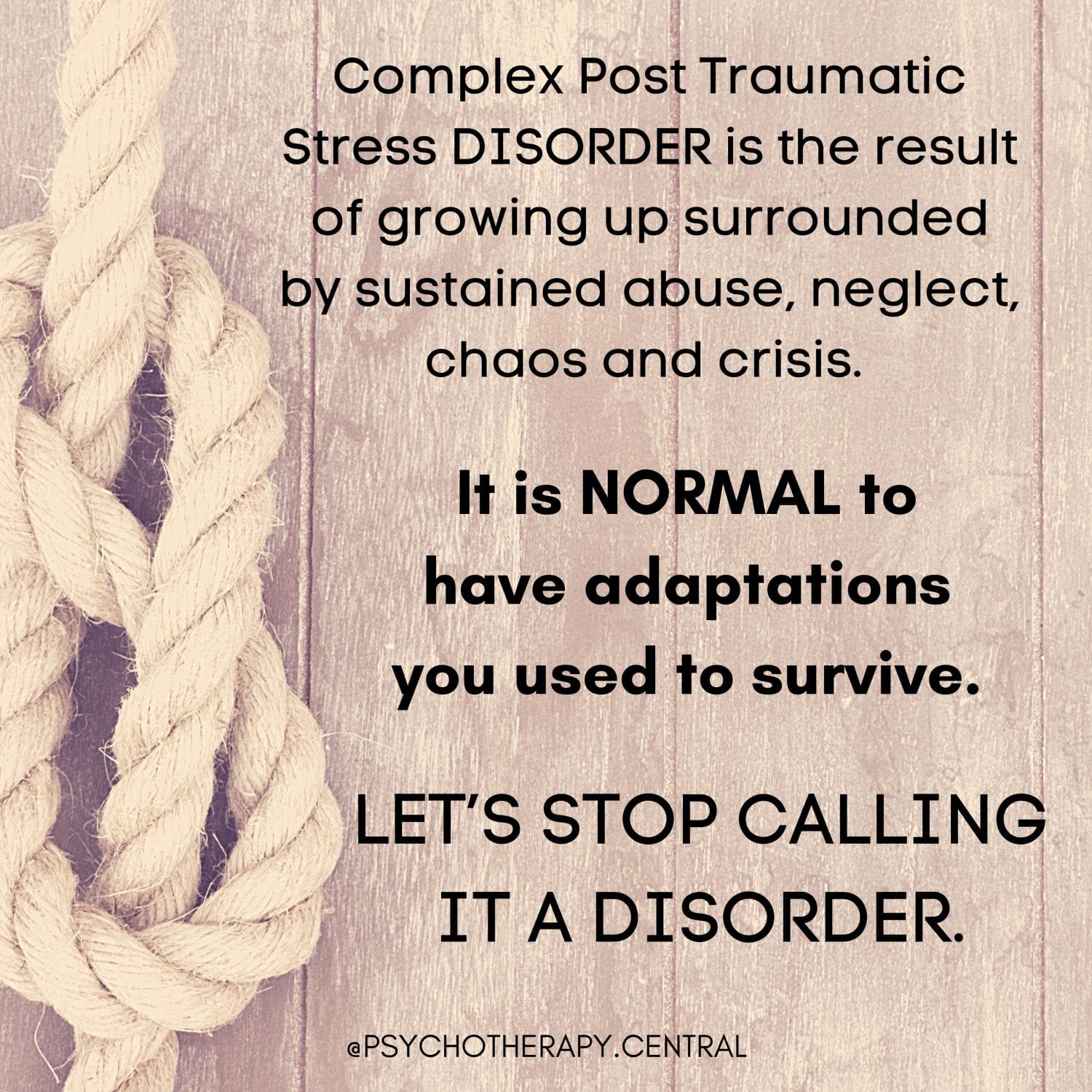1 IN 4 AUSTRALIAN ADULTS HAVE COMPLEX TRAUMA.
Complex trauma is different to single incident trauma.
Someone who experiences single incident trauma and has to recover, is working on reconnecting with their internal resources and past ability to self-regulate.
Someone who has experienced complex trauma has few internal resources and struggles to self-regulate. This often causes deep SHAME.
Complex trauma refers to a child’s continued exposure to traumatic events, which are often interpersonal and intrusive. This could be physical abuse, neglect, or attachment issues with the primary care giver.
When a child is abused or neglected, attachment issues occur. It is very difficult for the child to develop internal resources to self-regulate because they are not being demonstrated in their environment. The internal and external worlds are unsafe places.
The impacts of Complex PTSD are:
- Issues with self-regulation
- Feelings of shame, worthlessness and guilt
- Difficulties in intimate relationships
Complex trauma is pervasive and needs to be addressed separately from single incident trauma. The deep healing that is required can then be passed on through the family.

Reference: Kezelman, C. & Stavropoulos, P. (2019). Practice guidelines for clinical treatment of complex trauma. Blue Knot Foundation: Sydney, Australia. p.82
